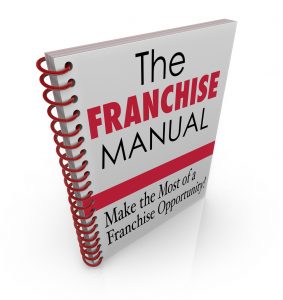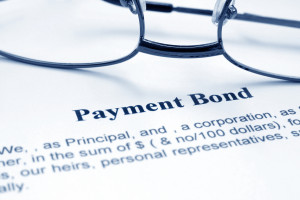Everyone knows what they say about real estate: location, location, location. This same axiom is definitely true for many businesses too. While some businesses may operate out of homes and employ their workforce remotely, many operations require a physical location to which workers and customers go on a daily basis. For example, stores, restaurants, and other locally-serving businesses always want to have a prime location with lots of foot traffic and easy access in town. Others, such as manufacturers, need large warehouses with affordable rent and room for all their equipment. While many business owners choose to own their building, many others do not have means to do so, or may not want to commit to one location long-term. For these reasons and more, many business owners lease their commercial spaces.

For any type of lease agreement or contract, you want to be sure that all of the provisions are fair and reasonable. A proper lease will set out your rights as a tenant, and you want to be sure it does so adequately. A commercial lease will also designate your responsibilities as a business tenant, and you should be aware of any terms that require unreasonable or difficult responsibilities from you. Because each of these lease types can be complex documents with confusing legal language, you should always have any potential leases reviewed by a highly experienced business attorney prior to signing.
Of course, you will want to make sure the length of the lease and rent requirements suit your needs. The following are some additional terms your attorney will consider and review:
 Texas has been one of the nation’s hottest commercial real estate markets in recent years. Many companies are looking to relocate to the Lone Star State – especially in tech-friendly areas like Austin. This creates many opportunities for both buyers and sellers and the Texas real estate lawyers at Structure Law Group can help you in this process.
Texas has been one of the nation’s hottest commercial real estate markets in recent years. Many companies are looking to relocate to the Lone Star State – especially in tech-friendly areas like Austin. This creates many opportunities for both buyers and sellers and the Texas real estate lawyers at Structure Law Group can help you in this process. Business Lawyers Blog
Business Lawyers Blog









